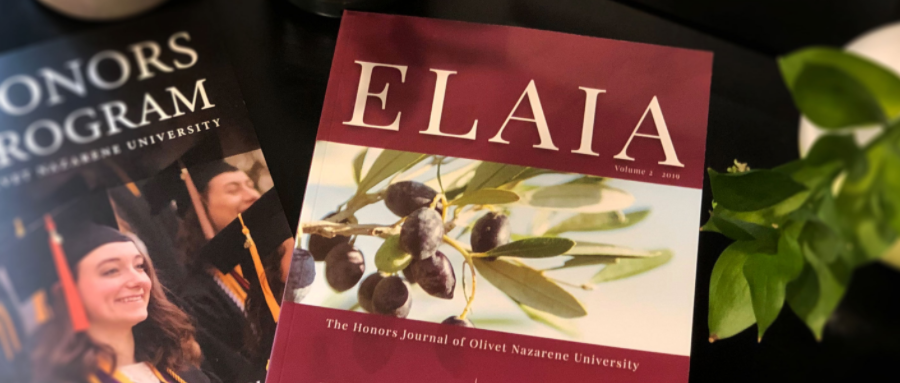Document Type
Thesis
First Advisor
Kristian Veit
Publication Date
5-2021
Scholarship Domain(s)
Scholarship of Discovery
Abstract
Purpose
Research has indicated a significant relationship between anxiety and time perspective (TP), which is the way one views life in terms of the past, present or future. TP is broken down into five facets based on the Zimbardo Time Perspective Inventory (ZTPI), including past negative (PN), past positive (PP), present fatalistic (PF), present hedonistic (PH), and future (F) time perspectives (Zimbardo & Boyd, 1999). These are seen to be impacted by one’s culture as well, although there is a lack of representation in studies on TP cross-culturally which makes it difficult to generalize. In order to add to the research on time perspective’s relationship to anxiety and to fill the gap on the role of culture in this phenomenon, the variable of individualism was included in this present study.
Procedure
A total of 525 participants were obtained from 22 countries including the United States, India, Brazil, Canada, and the United Kingdom. Upon confirmation of informed consent, we distributed a survey to participants measuring each individual on time perspective, using the ZTPI, individualism versus collectivism, using the Individualism and Collectivism scale (Singelis et al., 1995), and anxiety, using a subcategory of the Sixteen Personality Factor Questionnaire (Goldberg et al., 2006).
Results
Consistent with our predictions, individualism showed a positive relationship with F and collectivism showed a positive relationship with PP, but no significant relationship to PN. Individualism correlated positively with anxiety, which is in line with our hypothesis, but collectivism did not show a significant relationship. Lastly, correlations between PN and PF resulted in positive, significant relationships with anxiety and correlations between PP and F resulted in negative, significant relationships with anxiety. These findings were consistent with our hypotheses. PH, however, showed a significant positive relationship to anxiety which was the opposite of what was hypothesized. This would be a variable to consider for further research.
Conclusion
These results suggest one’s outlook on time plays a role in their psychological well-being. Implications on culture’s role in this phenomenon have also been strengthened by these findings. Though continued study is merited, this information further validates the value that time perspective has in developing interventions for emotional disorders such as anxiety.
Recommended Citation
Waldron, Anna, "Time to Stop Worrying: A Correlational Study on Individualist Versus Collectivist Time Perspectives and Anxiety" (2021). Honors Program Projects. 123.
https://digitalcommons.olivet.edu/honr_proj/123
Creative Commons License

This work is licensed under a Creative Commons Attribution 4.0 License.


